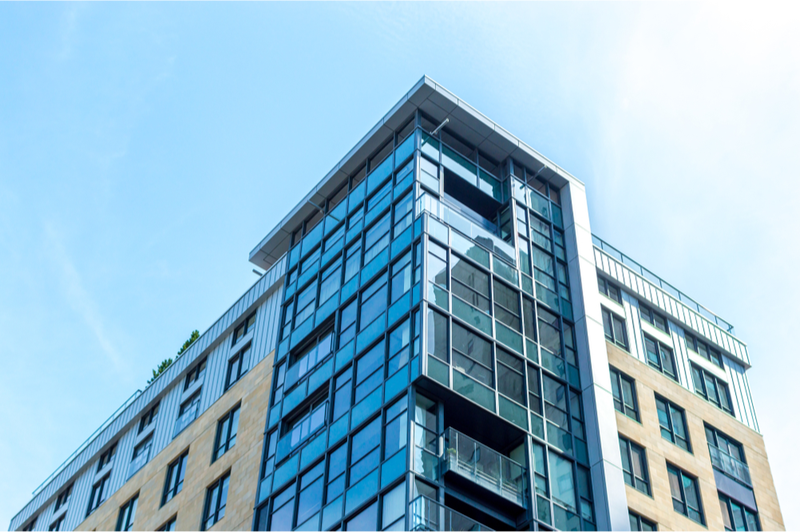Ontario’s Condominium Act, 1998, allows purchasers of a new condominium unit a 10-day cooling off period in which they may cancel or rescind their agreement of purchase and sale. This 10-day period begins on the latest of the date on which the purchaser has received: (i) a fully signed agreement of purchase and sale; (ii) condominium disclosure documents, and (iii) a condominium guide.
Purchasers should review all of these documents carefully. The documents are lengthy and complicated and purchasers commonly ask us to assist them in their review.
Here are some of the things purchasers should look for and keep in mind when deciding whether to proceed with their purchase transaction:
- restrictions on parking, whether parking is included and restrictions on types of vehicles allowed
- assignment rights and associated costs
- restrictions on renting the unit during the occupancy period
- rules that purchasers can’t live with, ie restrictions on numbers and types of pets.
- the finishes included with the unit – these must be reviewed carefully, because regardless of what is seen in brochures or model suites, only what is included in the schedule of specifications attached to the agreement will be included in the unit
- closing adjustments paid in addition to the purchase price, including utility meters and new home warranty enrolment. In addition to increases in development charges, purchasers are now asked routinely to pay a portion of existing development charges and parks dedication charges, which can be thousands of dollars for a typical one bedroom unit. If asked, developers will often agree to a cap on these charges
- the budget should be reviewed to determine common expenses for the unit, and any increases depending on when the condominium is registered
- the occupancy date is usually tentative, and may be extended by the vendor. The first tentative occupancy date is sometimes more than 5 years in the future
- the occupancy date is not the final closing date. During interim occupancy, the purchaser will be required to pay occupancy fees to the developer. It’s only after final closing, which takes place after all the units are occupiable, that title can be transferred and the purchaser begins to pay down their mortgage
- HST – the sale price likely includes HST, minus the HST rebate for new housing which is assigned to the vendor. If you or an immediate family member do not intend to live in the unit as a principal residence, then you will not qualify for the rebate and you will have to add the amount of the rebate to the amount payable to the vendor on closing. The rebate remains a constant $24,000 for sale prices of $484,500 or more, and varies at lower prices. If you are going to rent the property, you may qualify for the HST rebate for new rental properties, which is the same amount as the new housing rebate. The new rental housing rebate can only be applied for after closing and after the unit is rented, and the issue then becomes having the cash flow to pay the rebate amount to the vendor on closing and waiting to receive it back from Canada Revenue Agency after closing.
- Non-resident speculation tax – an additional tax of 20% of the purchase price which non-residents of Canada must pay on closing, and an important factor for any non-resident to consider when purchasing any property.
The 10-day rescission period is protection for buyers and allows them time to cool off and reconsider their purchase after the excitement of signing an agreement for a new condominium. To rescind an agreement of purchase and sale during this period, a purchaser or the solicitor for a purchaser must give written notice of rescission to the developer or to the developer’s solicitor. No special form of rescission is required and no reason for cancelling the agreement need be provided. Upon providing a notice of rescission, a developer is to promptly refund all money received from the purchaser.


